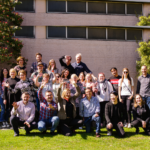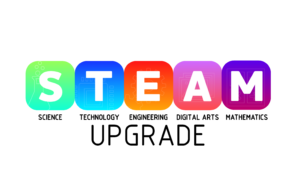
UPGRADING PRE- AND IN-SERVICE TEACHERS’ DIGITAL
SKILLS WITH ONLINE STEAM HANDS-ON TRAINING MODULES
Learning/teaching/training activities
C2: 2022 26.-28.april, Stavanger, Norway – STEAM hands-on training for kindergarten level teacher educators
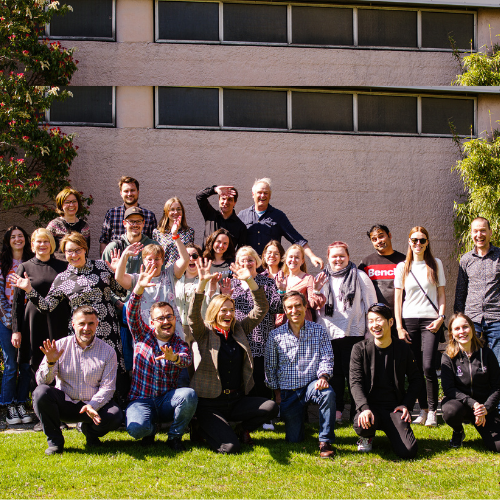
The main goal was upgrading the participants digital skills with hands-on training modules using TeachOUT Outdoor Science Game, augmented reality, programming with micro controllers, producing Stop Motion animation and taking part in the greenhouse installation using Arduino sensor kit.
What does this mean?
- We explored the possibilities within these different technologies and connected them for pedagogical use in schools.
- We took part in hands-on activities and reflected on how they could be seen as STEAM Learning.
- We learned that these technologies can be applied to different levels within primary schools, and they have a great purpose for future competences.
How was the event organized?
We had prepared 6 different activities.
- TeachOUT Outdoor Science Game. Teachers can position GPS locations and the introductory descriptions with defined challenges in the CMS creator. The game is published in the TeachOUT app. It gives the students the opportunity to experience practical learning with using technology alongside a lot of independence, fresh air and physical activity. TeachOUT was also part of an ESTEAM project from 2016 to 2019 - https://magmageopark.no/en/learn-engage/activities-for-schools/teachouteng/
- Augmented reality using 3D modelling inside Ludenso Create - https://www.ludenso.com/
- Programming with micro controllers in natural science - https://microbit.org/
- Building hovercrafts and controlling them, a workshop arranged by MakeKit - https://no.makekit.no/
- Producing Stop Motion animations using iPad and StopMotion Studio - https://www.cateater.com/
- Taking part in a Greenhouse installation using Arduino sensor kit - https://www.arduino.cc/
The participants were organized into groups and for all the four days they had to be inventive, creative and carrying out solutions for all hurdles they met on the way. The training activities was arranged by Didaktisk digitalt verksted (DDV)/Didactic Digital EDULab in the University of Stavanger (UiS) - https://www.uis.no/nb/laererutdanninger/ddv-fremtidens-klasserom who is a part of Future Classroom Lab - https://fcl.eun.org/
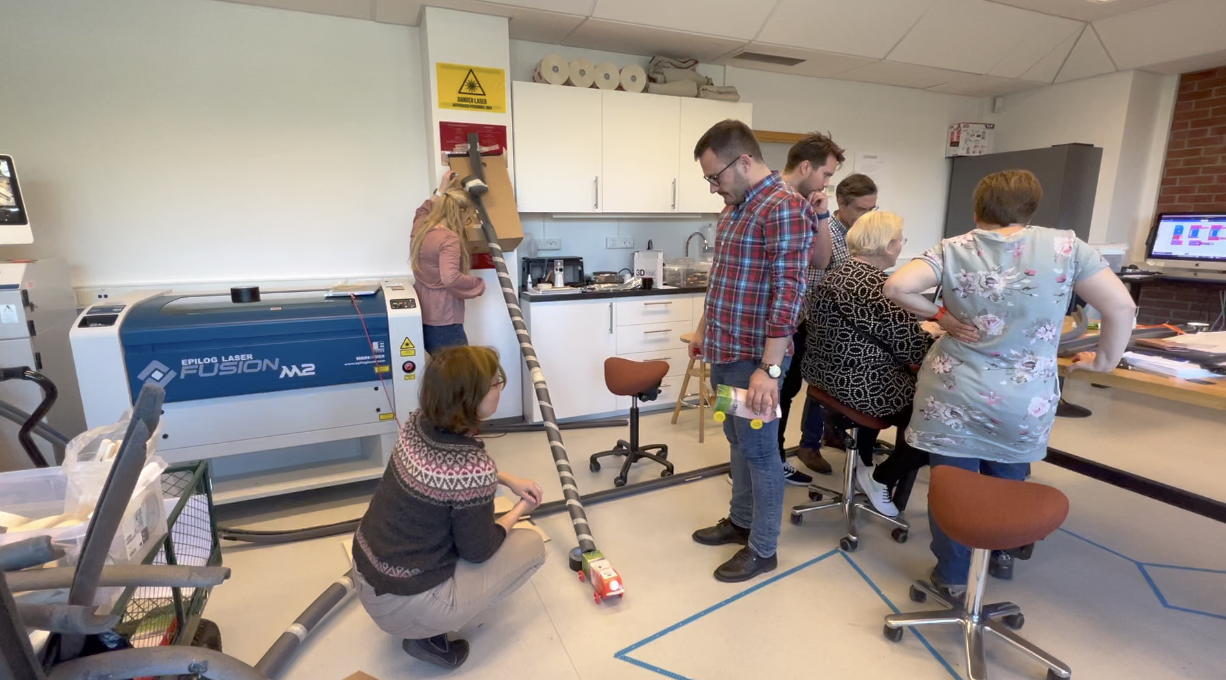
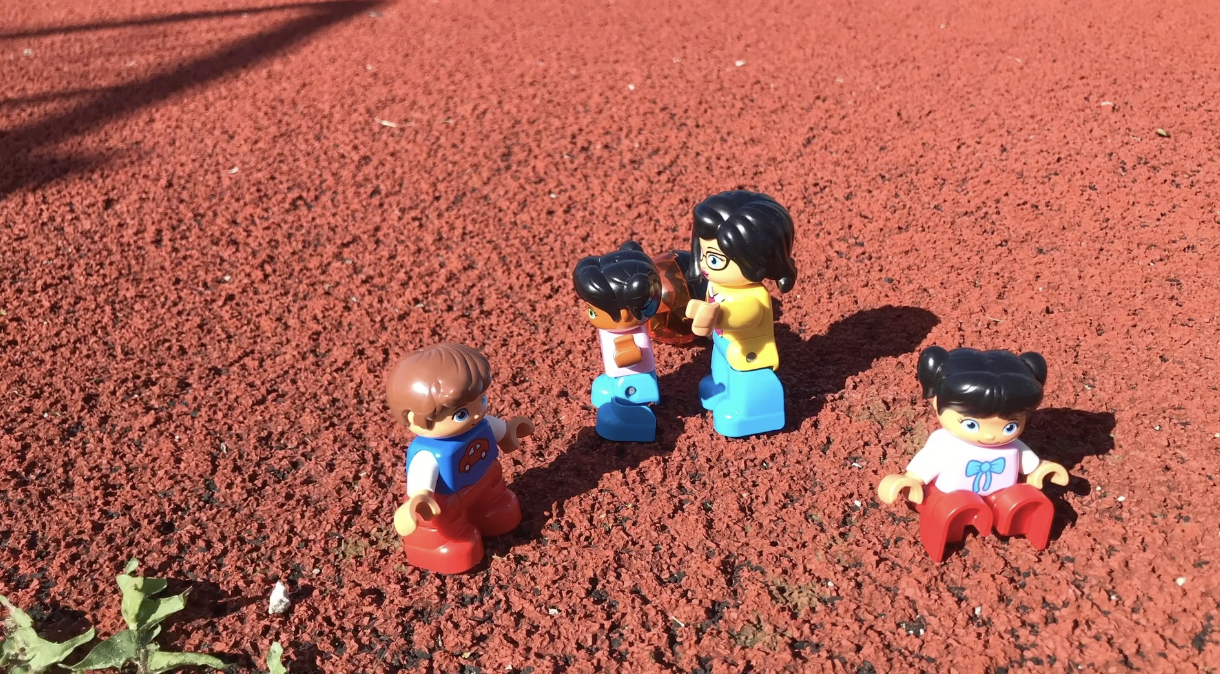
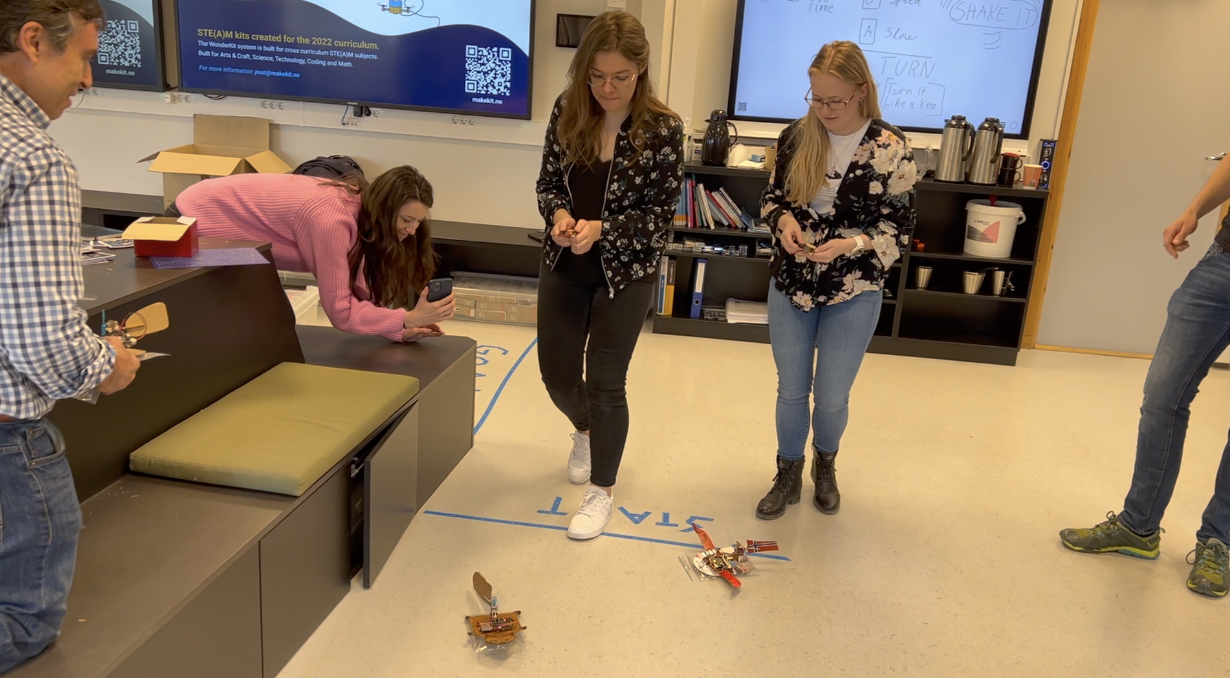
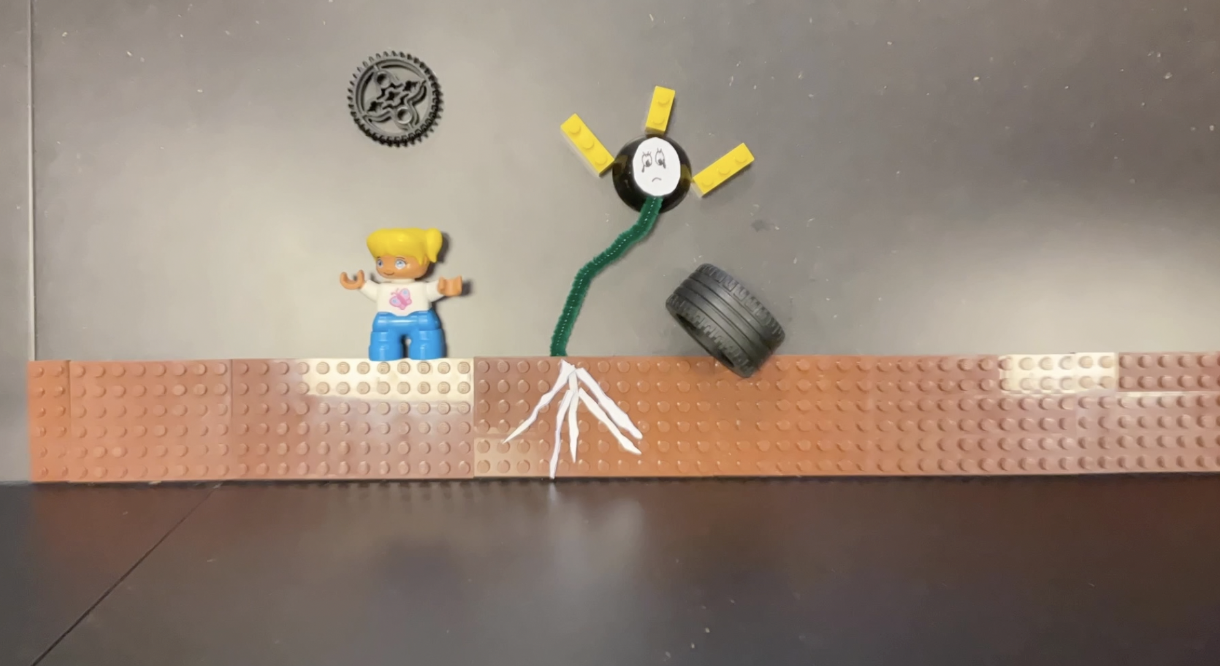
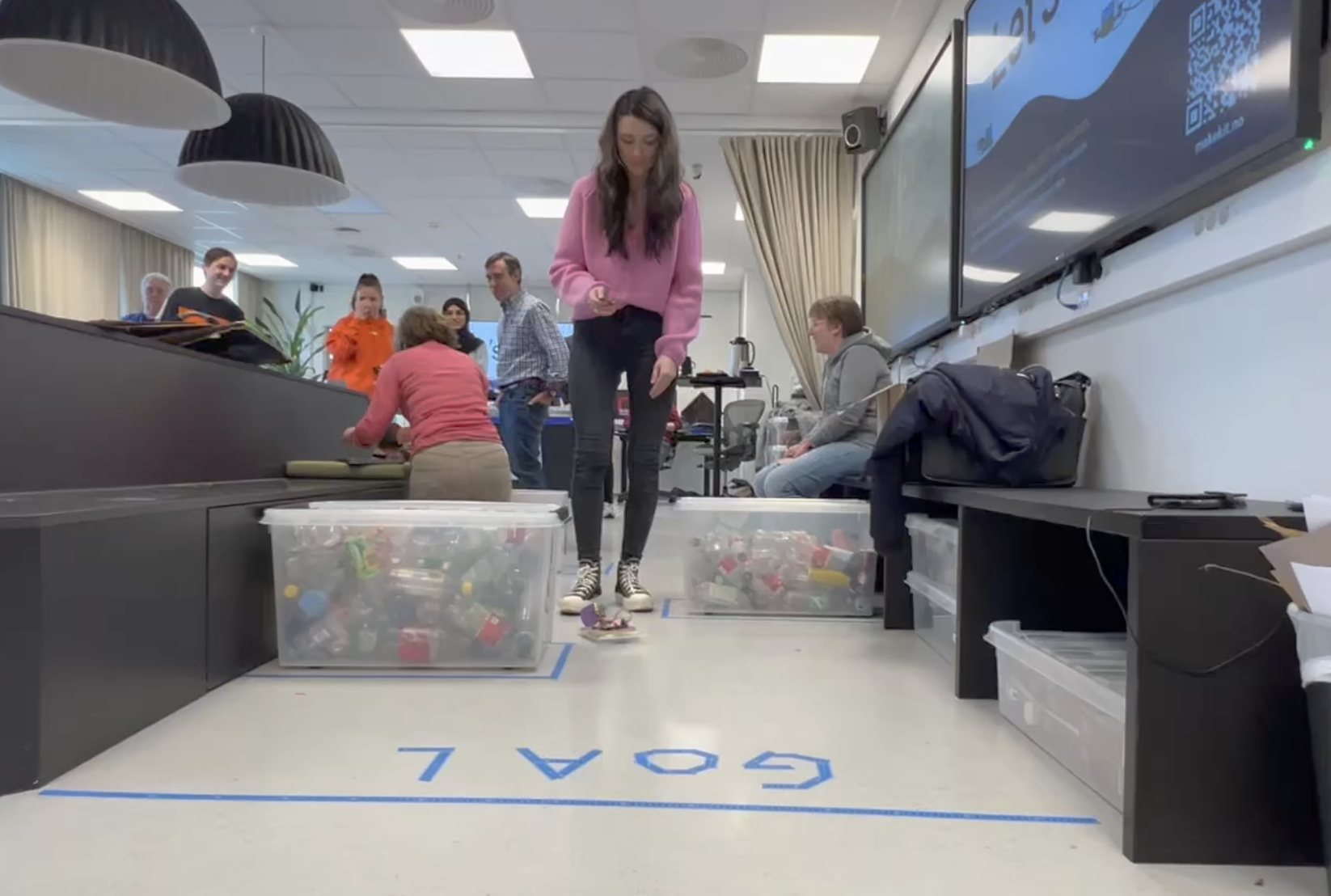
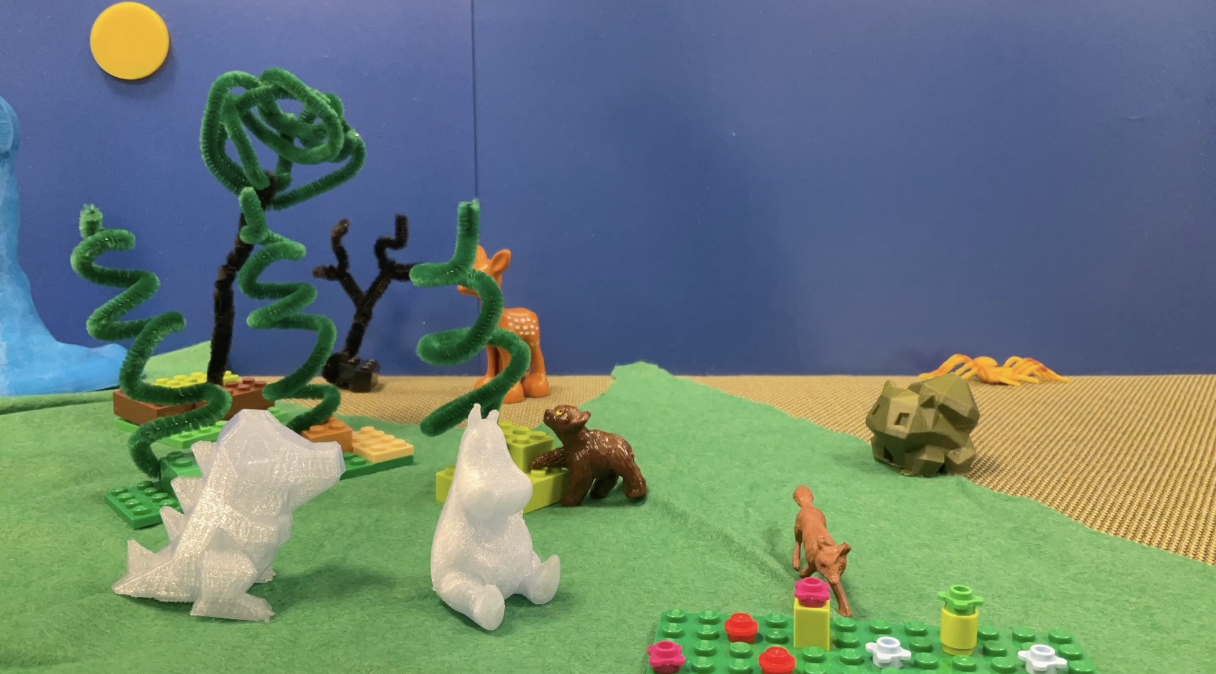
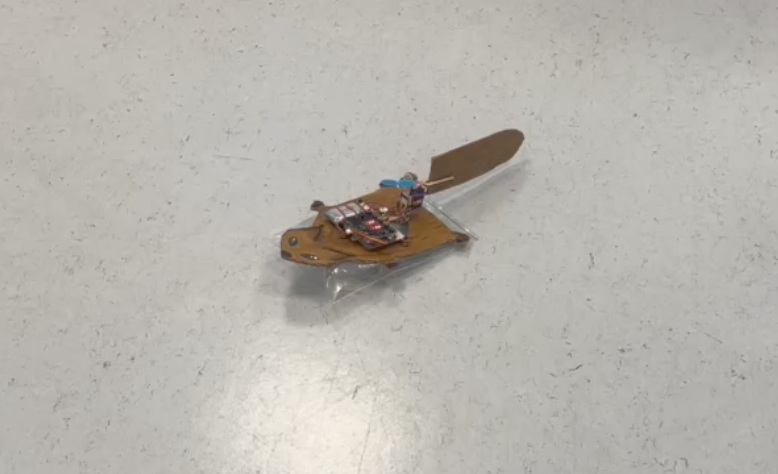
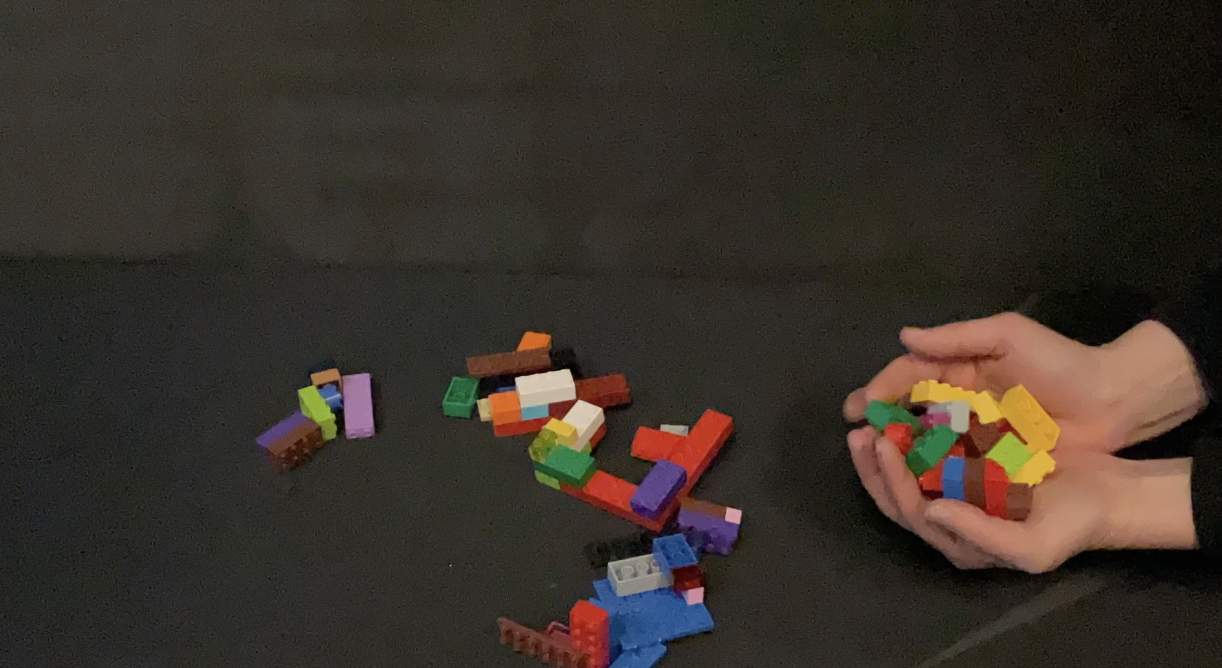
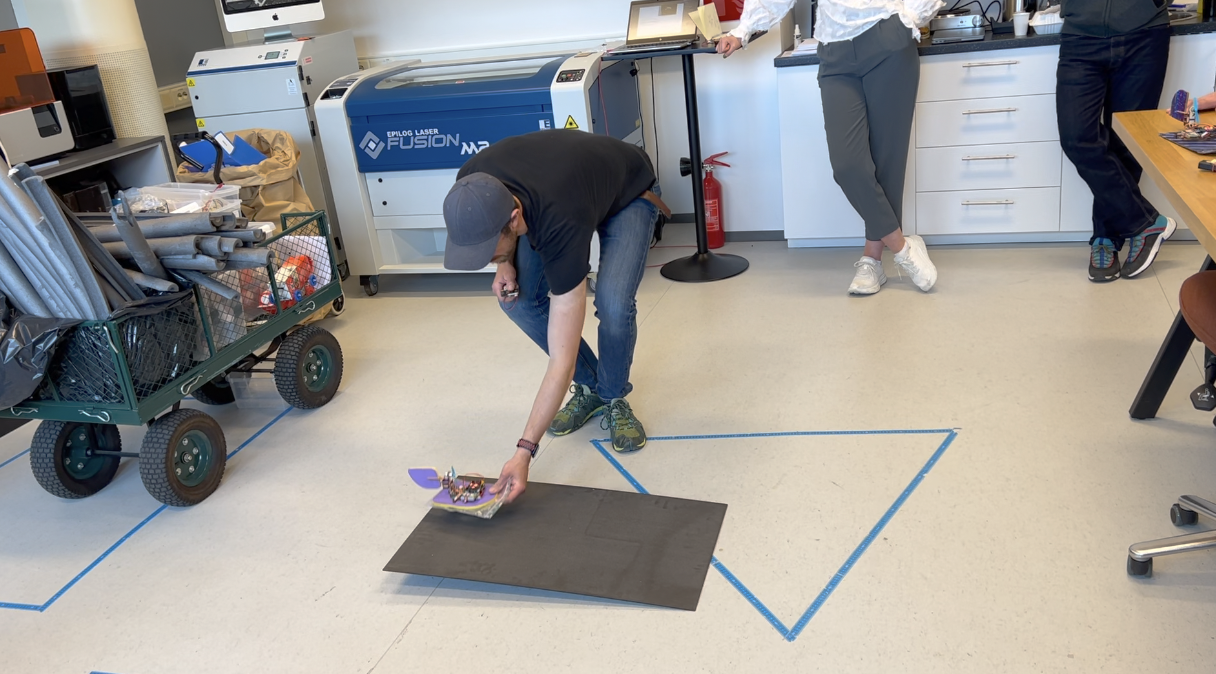
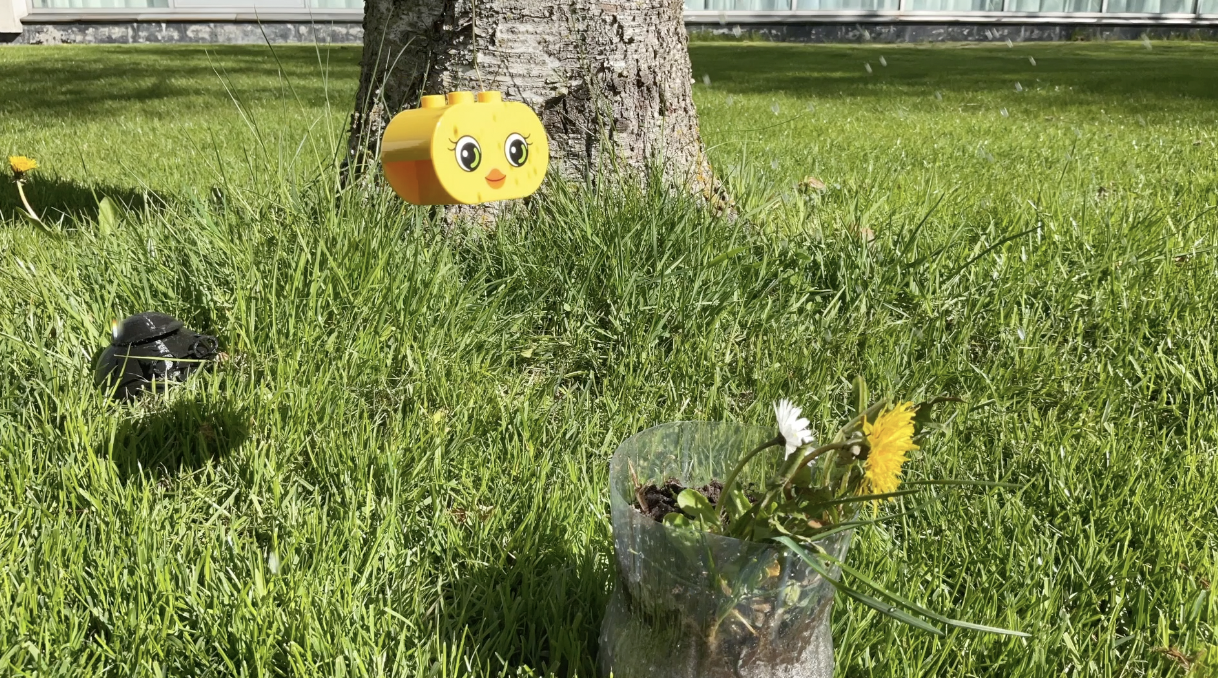
This project (reference no. 2020-1-EE01-KA203-077987) has been funded with support from the European Commission.
This website and all its contents reflect the views only of the author, and the Commission cannot be held responsible for
any use which may be made of the information contained therein.


